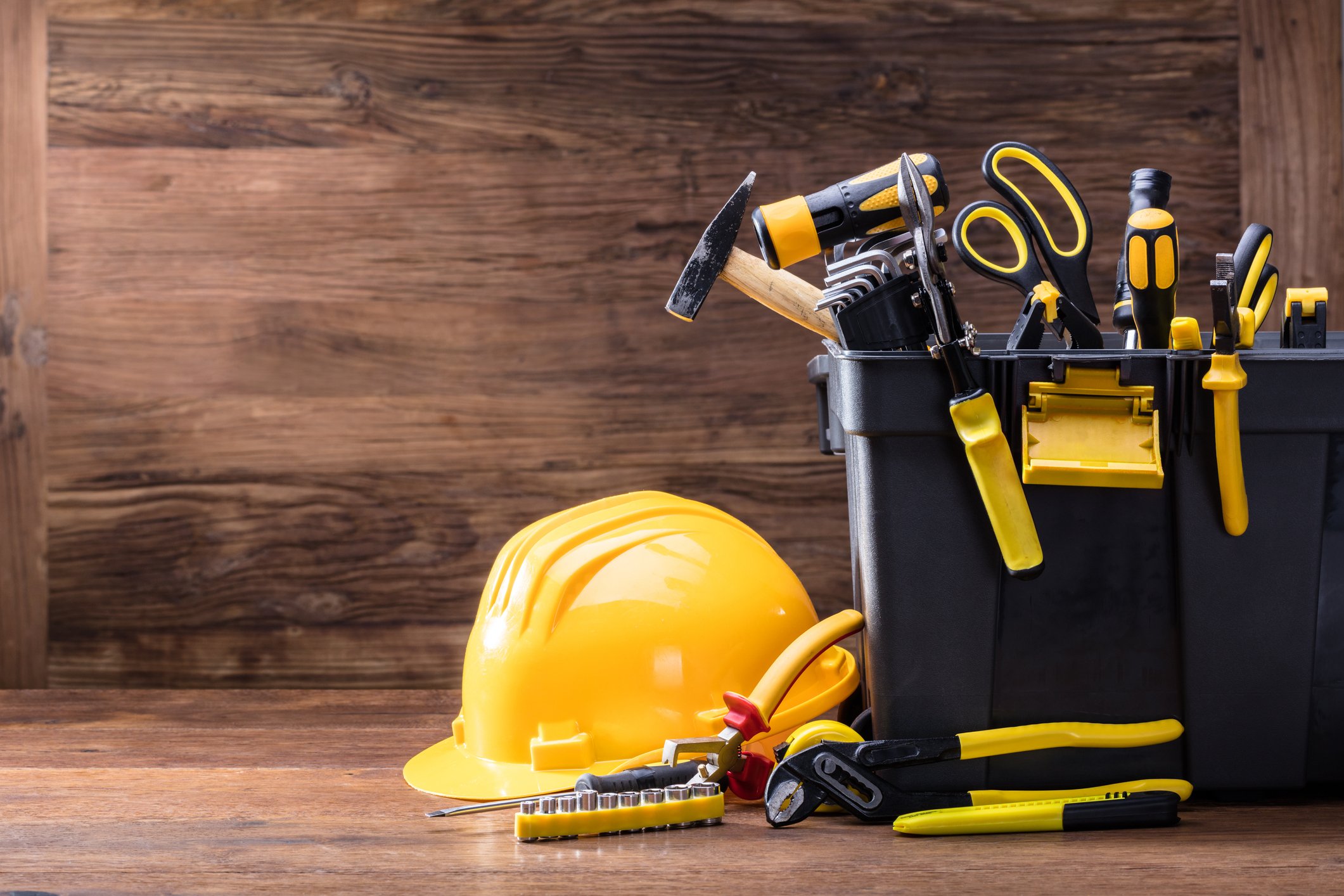Source: Dwight Burdette.
Beaten-down hardwood and laminate flooring retailer Lumber Liquidators Holdings (NYSE: LL) has had a really tough year. Between pending criminal charges for illegally sourced hardwood and the short-seller launched accusations of selling products with harmful amounts of formaldehyde, the company is reeling -- or at least that's how it looks.
Since the formaldehyde accusations came to light in a 60 Minutes investigation, the company has gone on a full-court PR press, and the pressure has led to major changes in the executive suite, including the surprise departure of CEO Robert Lynch. There's a lot of pressure, and relatively low expectations, as we approach the release of second-quarter earnings on Aug. 5.
What should investors expect? Let's take a closer look.
Department of Justice charges for illegal sourcing
In its most recent earnings report, Lumber Liquidators announced that it was expecting criminal charges related to an investigation started in 2013, related to illegally sourced hardwood material. On the most recent earnings call, then-CEO Lynch said: "A special committee of independent directors was formed to address this matter and has been communicating with the DoJ. Based on this available information, including these communications, we accrued $10 million in the first quarter related to this matter."
It's expected that the $10 million would cover both legal fees and potential fines, and Lumber Liquidators has taken efforts to limit exposure to Lacey Act Violations in the future, including annual training with vendors, compliance staff in the U.S. and in key import countries in Asia and South America, and, more recently, working with a company that can DNA-test hardwoods so that the company can confirm where they come from.
While this is a material concern, it's looking as if the company will be able to put it in the past relatively soon.
The challenge ahead
Founder and CEO Tom Sullivan, pictured with Anderson Cooper in 60 Minutes report. Source: 60 Minutes.
Lumber Liquidators management has been steadfast in denying that its Chinese-made laminate -- the specific products that have been at the heart of the formaldehyde accusations -- are harmful. The company's core argument has been that the method used for testing by those accusing the company -- so-called deconstructive testing -- is inaccurate and doesn't reflect the "real-world" emissions that the product would give off.
Several industry groups have backed up this claim in a joint statement that describes the testing method as inconsistent. The statement points out that CARB -- the California Air Resources Board, and the only government agency in the U.S. that regulates formaldehyde emissions -- doesn't require deconstructive testing. CARB has stated that it uses deconstructive testing for "enforcement screening" but not for actual enforcement.
To date, CARB has made no public statements regarding Lumber Liquidators and has filed no charges, issued no fines, or otherwise taken any action against the company. Considering these events have been playing out in the public for most of 2015, it appears that CARB considers Lumber Liquidators' products to be compliant.
The bigger concern for the company (and probably customers) is the investigation the Consumer Product Safety Commission announced in March. While we are yet to learn of the results -- and that's the biggest potential Sword of Damocles hanging over the company -- the CPSC did state that it will conduct "real-world" tests to as accurately as possible determine the level of risk to consumers. This supports the company's position that the testing done by its accusers was inaccurate and not representative of likely in-home emissions.
Steps in the interim
To try to re-establish trust and reassure its customers, Lumber Liquidators has halted sales of Chinese-made laminates until a special committee headed up by the company's independent board of directors completes a review and testing to further guarantee product safety. The company has also contracted with independent laboratories to supply formaldehyde emissions tests free of charge to customers with laminate. In addition, the company says it will work with customers who have high emissions levels to mitigate the problem, though it's not clear what that process would entail.
The company has also spent about $10 million so far this year in legal and professional fees to address the claims, to help the company deal with the impacts, and for the independent review. Combined, the impacts of the formaldehyde accusations and Lacey Act violations cost the company $15.5 million last quarter, not including lost sales.
What to expect?
The company reported a $7.8 million loss last quarter and had $15.5 million in one-time costs related to the two aforementioned issues. There was also $2.7 million in costs related to the East Coast distribution center consolidation, which affected gross margins. We can assume that the majority of this $18.2 million won't recur next quarter; there will probably be some expense related to legal and professional services, though it's not clear just how much.
There's also the possibility that the company may write down some of its Chinese-made laminate inventory, which was valued at $20 million or so. However, I'd be surprised if the company made that move before the CPSC issues its findings. After all, the company's position is that this product is safe.
The unknown is how much impact the whole story will have on sales. We know sales were strong -- up 19% through February -- only to fall 13% in the weeks after the 60 Minutes story. The company reported that sales started improving within a few weeks, though. Sales were slightly up in Q2 through late April, when the Q1 call took place.
Foolish bottom line
There's still a lot we can't know, and that means risk. The surprise resignation of the CEO as well as the departure of the longtime CFO earlier in the year shouldn't be glossed over. But with that risk, the company has taken the allegations head-on, and a positive ruling from the CPSC would be a big-time vindication and would probably send the stock skyrocketing. It's not clear when those findings will be made public, and speculating on the findings is probably not the best thing to do as an investor.
For now, it's probably best to keep expectations low, because it's too soon to know how much -- or how long -- sales will be affected. We'll learn more in a few days.








